2018 Finalists
Awards of Excellence Finalists
Congratulations to the 2018 UEDA Awards of Excellence Finalists who presented their projects for attendee voting at the 2018 Annual Summit in Milwaukee, WI! Annual Summit attendees will listen and vote on the category winners. These projects, both finalists and winners, represent the top university-based economic development initiatives in the country, as judged by their peers.
Innovation
Innovation begins with basic research, but then builds on knowledge creation to encompass knowledge transfer and application in ways that are useful and relevant to society. This category encompasses basic research; applied, translational, problem-oriented, and industry-contracted R&D; cooperative extension services; technology transfer; etc.
Ideadvance Lean Start Up – Generating Warp Speed Effectiveness for Entrepreneurship Initiatives: The Power of Public-Private Partnerships
submitted by The University of Wisconsin System
Marquette University Explorer Challenge CATEGORY LEADER
submitted by Marquette University
Cultivar Development Research Program
submitted by The University of Georgia
Innovation + Talent
Projects and initiatives that synergistically connect TALENT and INNOVATION, to create innovators of many kinds—business entrepreneurs, idea or product makers, and problem-solvers. Entrepreneurship education projects/initiatives and experiential learning projects/initiatives to connect students with entrepreneurs are just two examples of the types of projects/initiatives included in this category.
Peer Mentorship Program to Promote Diversity within the Nutrition and Dietetics Profession
submitted by California State University, Northridge: Marilyn Magaram Center for Food Science, Nutrition, and Dietetics
CSUN Summer Accelerator CATEGORY LEADER
submitted by California State University, Northridge
Comprehensive Digital Records for the 21st Century Workplace
submitted by Elon University
The Center for Urban Entrepreneurship Economic Development (CUEED)
submitted by Rutgers University
Talent
Talent includes the spectrum of knowledge transfer activities by which universities educate people, developing human capital for the 21st century Knowledge Economy. This category includes life-long learning, both degree and non-degree programs, experiential education and discovery-based learning programs, active alignment of curricula to industry needs, etc.
Sentry Insurance Cooperative Initiative
submitted by The University of Wisconsin – Stevens Point
Internship Draft Day CATEGORY LEADER
submitted by Northeast Wisconsin Educational Resource Alliance (New Era)
The Valley Industry Partnership for Cooperative Education (VIP) Program
submitted by California State University, Fresno
BGSU Hometown Internship Program
submitted by Bowling Green State University
Talent + Place
Projects and initiatives that synergistically connect TALENT and PLACE in ways that enrich discourse, promote civic participation, and otherwise enhance quality of place. Just a few examples include K-12 school improvement partnerships; local government training institutes; and higher education involvement in regional government, economic development organizations, and community and wellness projects/initiatives.
Manufacturing Sector Growth, Photonics Cluster Growth, and Entrepreneur Success Initiative
submitted by Montana State University Montana Manufacturing Extension Center
Creating Neighborhood Developers Program
submitted by Southern University and A & M College
Georgia Certified Economic Developer Program
submitted by The University of Georgia
Advanced Economic Development Leadership Program
submitted by The University of Alabama
MOSS – McCall Outdoor Science School CATEGORY LEADER
submitted by The University of Idaho
Place
Place is defined as the many and diverse ways in which institutions contribute to making attractive, competitive communities—places where people want to live, create and take jobs, raise their families, participate in civic life, and age and retire. Competitive, successful communities and regions are attentive to the health, education, environment, housing, safety, and entertainment needs of community members. Campuses and sites like research parks are components of place-making, but the focus of this definition is broader, on communities, or even on regions.
Asset Based Planning in Rural Tennessee Counties
submitted by The University of Tennessee
UGA Archway Partnership Health Care Needs in Rural Georgia CATEGORY LEADER
submitted by The University of Georgia
North Campus Corridor Industry Co-location Development
submitted by Kansas State University
Advance Iowa
submitted by The University of Northern Iowa
Place + Innovation
Projects and initiatives that synergistically connect INNOVATION and PLACE, to create physical places that attract and build concentrations of talent and innovators—knowledge communities. This can be construed as either or both (1) a specific site, such as a university research and technology park, incubator, accelerator, etc., or (2) a larger community, area, or region, such as an innovation district.
Sustainable Economic Development Initiative
submitted by The University of West Florida
Iowa City Area Development Group / University of Iowa
submitted by The University of Iowa
Economic Diversity and Inclusivity
submitted by The University of Central Florida
Block 22 CATEGORY LEADER
submitted by Pittsburg State University

Resources Links
University Economic Development Association

